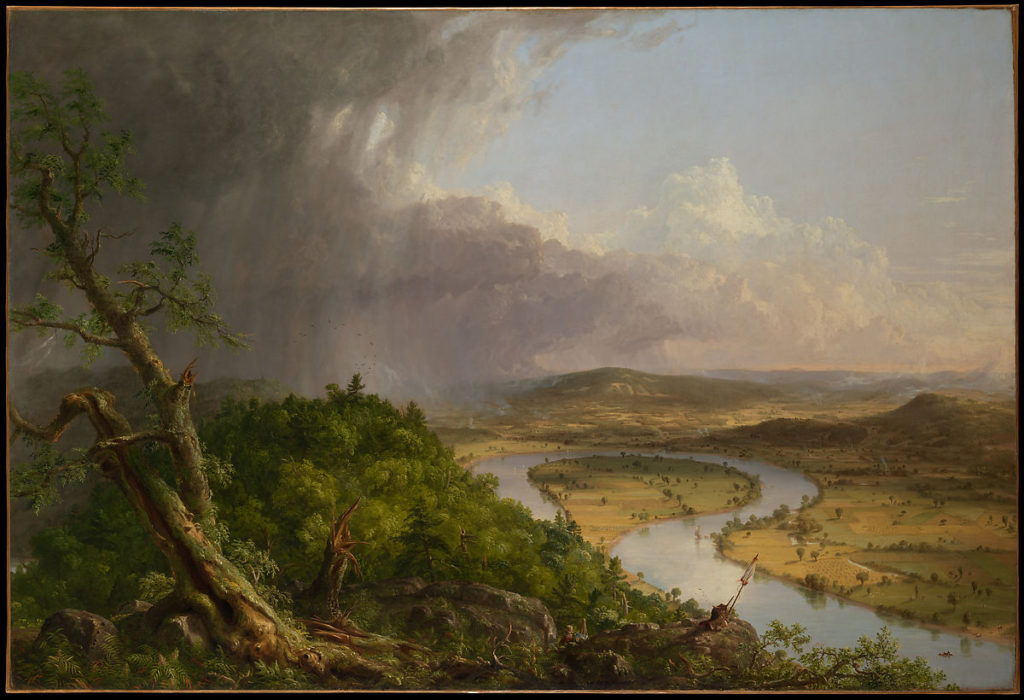
Tuesday
Somehow I missed Jane Hirshfield’s “The Fifth Day,” composed on the fifth day of the Trump presidency and then read three months later to the thousands assembled at the March for Science Day. According to Irish Times, one of several publications to share the poem, Hirshfield was responding to the moment
when information on climate change was removed from the White House website and scientists at the Environmental Protection Agency, National Par Service, department of agriculture and other federal agencies were ordered to release no further research information without permission. Scientists at Badlands National Park, in South Dakota, began unofficially tweeting factual information that day, and scientists at many governmental agencies and universities began copying research files on to back-up servers.
Since then, Trump’s war on science has only intensified, slashing clear air and clean water regulations and responding to Covid with quack science and magical thinking. He’s even calling Dr. Anthony Fauci, his leading epidemiologist, an idiot.
The fifth day also refers to the luminescent moment in Genesis when God creates sea creatures and birds:
Echoing the Biblical language, Hirshfield casts Trump as the opposite of God, which is to say, an uncreator. (“Light dies before thy uncreating word,” Pope writes of the goddess Dullness in The Dunciad.) Despite the president’s efforts, however, the facts on the ground—which some political wag once observed have a liberal bias—refuse to remain silent. The American people have been refusing as well:
Bus drivers, shelf stockers,
code writers, machinists, accountants,
lab techs, cellists kept speaking.
Here’s the poem:
On the Fifth Day On the fifth day the scientists who studied the rivers were forbidden to speak or to study the rivers. The scientists who studied the air were told not to speak of the air, and the ones who worked for the farmers were silenced, and the ones who worked for the bees. Someone, from deep in the Badlands, began posting facts. The facts were told not to speak and were taken away. The facts, surprised to be taken, were silent. Now it was only the rivers that spoke of the rivers, and only the wind that spoke of its bees, while the unpausing factual buds of the fruit trees continued to move toward their fruit. The silence spoke loudly of silence, and the rivers kept speaking of rivers, of boulders and air. Bound to gravity, earless and tongueless, the untested rivers kept speaking. Bus drivers, shelf stockers, code writers, machinists, accountants, lab techs, cellists kept speaking. They spoke, the fifth day, of silence.
Maria Popova of Brain Pickings, who alerted me to the poem, connects it to Rachel Carson’s Silent Spring (1962), which launched the environmental movement by exposing DDT’s toxic effects. Apparently Carson herself was emboldened by a line from a 1914 line by suffragette Ella Wheeler Wilcox: “To sin by silence, when we should protest, makes cowards out of men.” Popova eloquently observes,
Poetry, indeed, has always been one of humanity’s sharpest tools for puncturing the shrink-wrap of silence and oppression, and although it may appear to be galaxies apart from science, these two channels of truth have something essential in common: nature, the raw material for both. To impoverish the world of the birds and the bees is to impoverish it of the bards and the biologists.
Nature, with its fragile yet resilient magnificence, models for us what aliveness means and reminds us that we are mortal. Poetry wrests from it images and metaphors that chisel from the bedrock of our humanity a measure of graspable truth, teaching us how to live and how to die. Science mines nature for truth of a different order — it is our mightiest means of communing with reality, probing its mysteries, and gleaning from them some sense of belonging, of locating ourselves in the universe, understanding our place in it, and liberating ourselves from delusion.
Americans have a few days left to deliver a direct verdict on the president. Pope lets us know what will happen if he is returned to office:
Thy hand, great Anarch! lets the curtain fall;
And Universal Darkness buries All.

